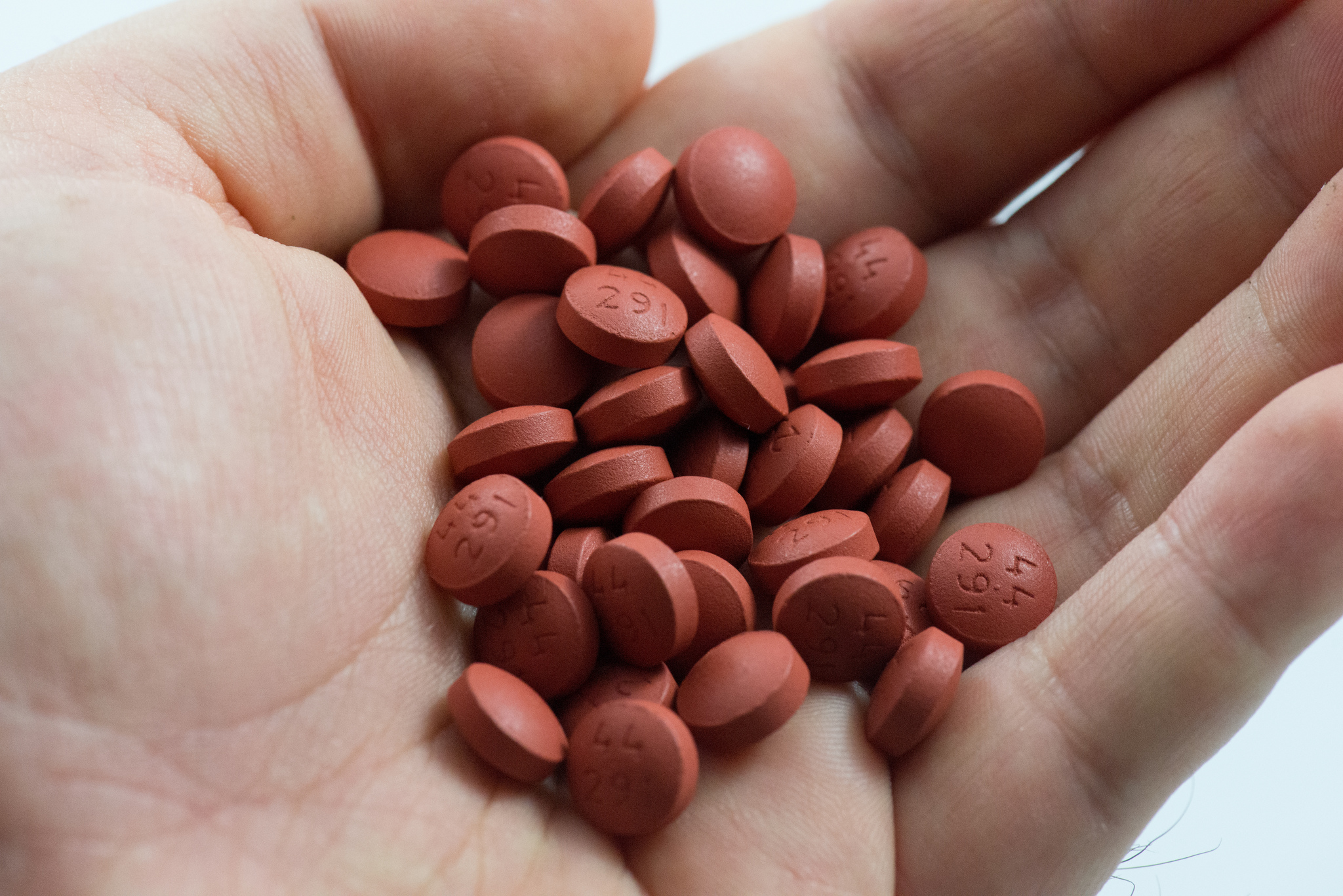Update (October 11, 2018): President Trump is expected to sign federal bills that would allow pharmacists to disclose when paying for a medication out of pocket would be cheaper for patients than going through insurance. The removal of this “gag order” could help patients across the country save money when filing a prescription.
Originally published on April 10, 2018:
Patients in Ohio may see their prescription drug costs go down thanks to new regulations from the Ohio Department of Insurance requiring insurers and pharmacy benefit managers (PBMs) to tell consumers about the most affordable options for filling their prescriptions. It’s not uncommon for insurers and PBM to implement a “gag order” which prevents pharmacists from telling patients when it might be less expensive to pay for a prescription out-of-pocket as opposed to going through their health insurance.
“Consumers have a right to better understand the cost of their prescription drugs and whether or not they can get those prescriptions filled at a lower cost,” said Ohio Department of Insurance Director Jillian Froment. “We require insurers and pharmacy benefit managers to act in good faith and to follow Ohio law, but these explicit prohibitions will make expectations clear and will protect Ohio consumers.”
In addition to removing the gag order, the Ohio Department of Insurance will also prohibit pharmacies from charging insured patients a co-pay which is more than the cost of the drug without insurance coverage. The move is part of national legislation introduced across the US in March, including the “Patient Right to Know Drug Prices Act” and the “Know the Lowest Price Act of 2018.”
“Needlessly charging Ohioans more for their prescriptions by keeping them in the dark is not defensible,” said Froment. “We are empowering consumers with more information and helping pharmacists provide their customers with more transparency and potentially cheaper options.”
RELATED: Are Patients Paying More in Copays Than Their Prescription Drugs Cost?
According to Express Scripts and CVS Health, two of the largest PBMs in the US, their contracts with pharmacies do not include these gag clauses, allowing consumers to get the lowest price for their prescription drugs. Express Scripts spokesman Phil Blando called this an “anti-consumer practice” and said the company is working to “ban the practice.” CVS said that if a co-pay is higher than the pharmacy’s price plus dispensing fee, they do not “collect that difference from the pharmacy,” a practice known as getting “clawbacks.”
The Ohio Pharmacists Association (OPA) has been in favour of this change in regulation to fix what they call a “broken system.” Their support of the new legislation should help lower prescription drug costs for employers, taxpayers and patients in the state.
“The clawback is just the latest example of PBM tactics that deceive patients, inflate the cost of prescription drugs, and line the pockets of administrative middlemen,” said OPA Director of Government & Public Affairs Antonio Ciaccia. “It’s time to reclaim the idea that a co-pay is a shared payment; not an imposed overpayment.”
In 2015, US consumers spent $235 billion on prescription drugs, according to the National Conference of State Legislatures Health Highlights. The report points out that while Maryland and Arkansas were among the first states to eliminate gag orders, at least 13 states in total have established similar rules for insurers and PBMs. What’s more, 35 of the 50 US states have pending bills aimed at eliminating this practice.
Editor’s Note: This article was previously published under the title “Ohio Pharmacy Benefit Managers and Insurers Must Now Offer Lowest Price on Prescription Drugs.”










Join or login to leave a comment
JOIN LOGIN